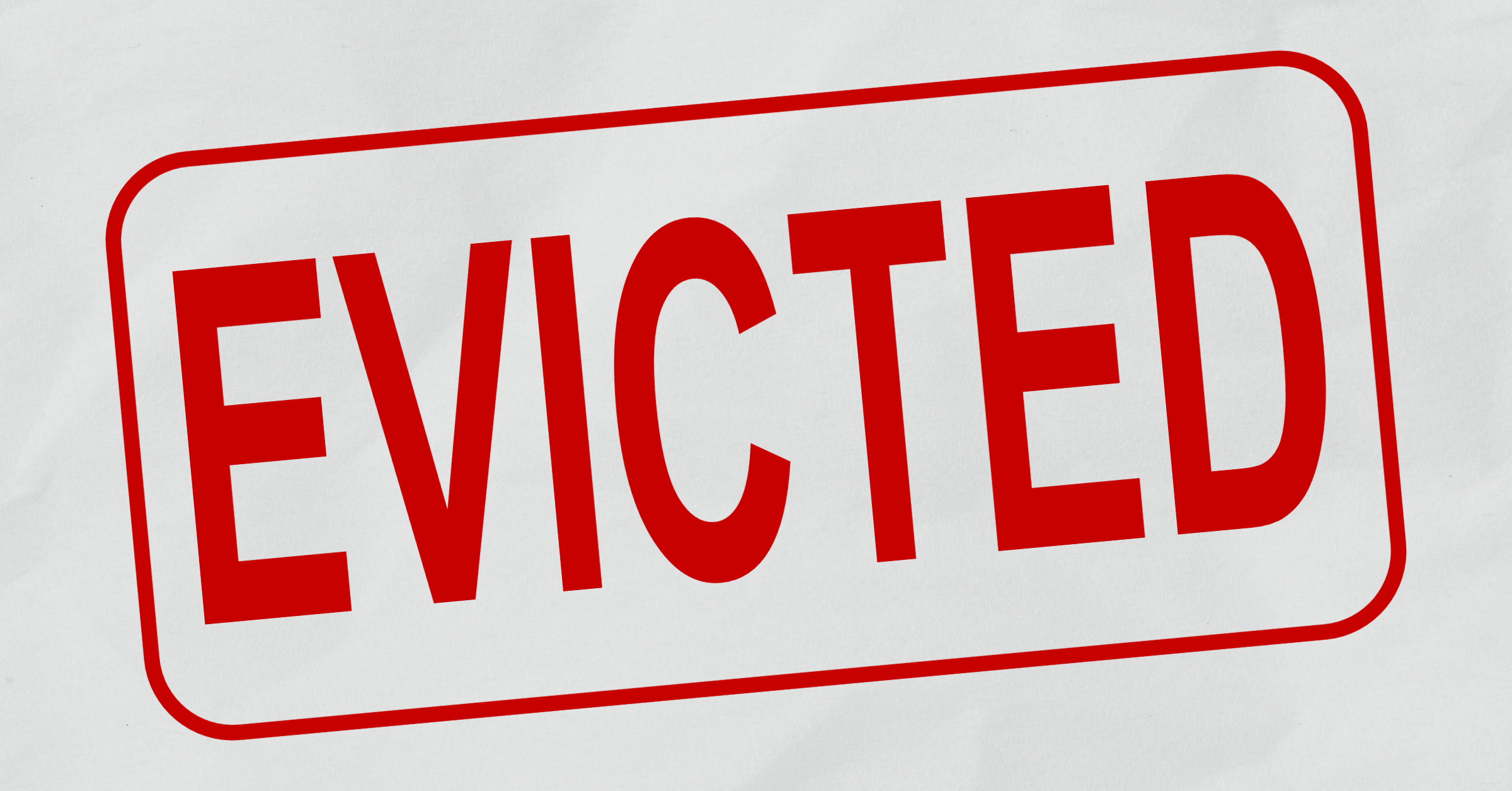Opinion: It’s Time to Talk Seriously About Canceling Rent
Written by Benjamin M. Litchfield
Our nation is on the cusp of an unprecedented eviction crisis. As many as 28 million Americans may face eviction between now and the end of September. To put that into perspective, 10 million Americans lost their homes during the Great Recession. Those tragedies were spread over the course of a few years. The looming crisis is set to happen over a matter of weeks.
In Virginia alone, an estimated 384,000 renting households – or 38 percent of all renters – are currently unable to pay their rent putting them at risk for eviction. Their estimated rental shortfall is currently a staggering $532,000,000. With rent due this weekend for many, one can only wonder how much higher that number will be in a week.
The federal response to this looming disaster has been grossly inadequate. The CARES Act established a 120-day eviction moratorium for certain federally-related housing. However, the moratorium did not relieve renters of their obligations to pay past due rent. When the moratorium expired last Friday, landlords resumed evictions proceedings.
Moreover, the moratorium did not stop landlords from disregarding the law and illegally evicting tenants. Without stiff penalties or some other mechanism to hold bad actors accountable, tenants were left at the mercy of landlords to honor the law. In at least four states, ProPublica found that landlords moved forward with evictions despite the federal eviction moratorium.
The Commonwealth of Virginia has also failed to meet the moment. Governor Northam, to his credit, did announce a $50 million relief program to be split between Virginia renters and homeowners who lost income during the coronavirus. However, this does not help families who were already struggling before the pandemic. It is also a far cry from the $2.3 billion in rental assistance experts expect to need to address the eviction crisis properly.
The General Assembly also passed emergency legislation to give tenants the right to request a 60-day continuance for any eviction proceeding if they produce evidence of a coronavirus-related hardship. This measure is laudable but it puts the obligation of seeking relief on the tenant who may not even know the law exists.
Without adequate funding for more legal aid attorneys or a strong messaging campaign, it is unlikely that tenants, who often represent themselves, will know that they have the right to request a continuance. Even if they are aware of that right, they must still know what information they need to bring to court and they risk exposing themselves to coronavirus to seek relief.
Furthermore, the measure does not address those tenants who were already in the eviction pipeline. Even before the start of the pandemic, Virginia had some of the highest eviction rates in the United States according to the Eviction Lab at Princeton University. It is inhumane to put families on the streets during this pandemic regardless of when their financial troubles began.
Policymakers need to take bold and swift action to mitigate the economic, public health, and humanitarian consequences of the looming eviction crisis. Half-measures have gotten us where we are – with so many families at risk of being on the street at a time when we need as many people as possible to shelter safely in their homes to stop the spread of coronavirus. Landlords are also not receiving their rent which puts the entire housing market in jeopardy and could limit the already limited supply of rental properties.
It’s time to talk seriously about cancelling rent. At the federal level, Rep. Ilhan Omar (MN-05) has put forward a bill that would cancel all outstanding rent obligations from April 2020 until one month after the end of the coronavirus emergency. It would also create a fund to reimburse landlords who have sustained losses because of the rent cancellation.
The bill includes a private right of action that allows tenants to sue if a landlord violates the law and gives the Attorney General the authority to take action against bad actors. The bill also imposes a number of tenant protections for a period of 5 years to ensure housing remains affordable and accessible.
To be certain, the bill would be a massive intervention into the housing market similar to the intervention immediately following the housing crisis in 2007. However, unlike those bailouts, Washington would be rescuing working families on Main Street instead of the bankers on Wall Street. Our tax dollars would be coming home to help us out when we need them the most.
The beauty of the bill is in its simplicity. It makes relief immediate rather than at the discretion of the court and there is a mechanism to police bad actors. Importantly, the bill also provides aid to landlords. We talk a lot about tenants but a majority of landlords are small companies or a family renting out a single-family home.
Independent of federal action, we should adopt some measure of rent cancellation in Virginia. We have talked for years about rising evictions and the lack of affordable housing in Virginia. For years, we have done little to stop those trends. The band-aids of the past and the current half-measures we’ve tried simply won’t meet this moment. The problem is too big.
Our chickens have now come home to roost. We cannot stick our heads in the sand or kick the can down the road any longer in the hope that things all get better in a few months—they won’t. Our economy is experiencing a fundamental shift as a result of coronavirus and, if previous pandemics are any indication, that shift will result in more income inequality, not less.
It’s time to act and to act decisively—cancel rent.
Benjamin M. Litchfield is the Chairman of the Stafford County Democratic Committee, President of the Greater Fredericksburg Young Democrats, and Chair of the Virginia Young Democrats Housing and Urban Affairs Caucus.



